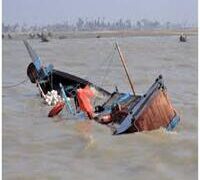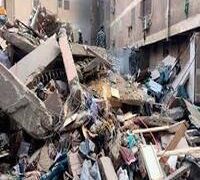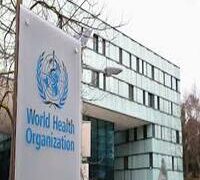As open defecation has become a public health threat in Lagos State, South west Nigeria, an environmental expert, Lasisi Adedoyin, has urged the state government to tackle the dual challenges of inadequate sanitation infrastructure and deeply entrenched cultural practices that promote the act in the state.
In a detailed call to action paper obtained by PUNCH Healthwise, Adedoyin emphasised that addressing the sanitation crisis requires not only better urban planning and infrastructural development but also a concerted effort to change public attitudes toward hygiene and sanitation.
According to Adedoyin, the persistent problem of open defecation is a direct consequence of systemic failures in urban planning, inadequate provision of public toilets, and the inability to keep up with the rapid growth of Lagos.
The environmentalist, who is also the Coordinator of Eko Enviro Talk TV lamented that despite Lagos being a megacity, its sanitation infrastructure is inadequate to meet the needs of its expanding population.
While noting that the the city’s infrastructure may evolve in many areas, he argued that sanitation has not kept pace with this growth.
“In densely populated areas, particularly informal settlements, people continue to resort to open defecation because they have no other choice,” he said.
Adedoyin pointed out that many parts of Lagos, especially areas around markets, bus stations, and residential neighbourhoods, suffer from a severe lack of accessible and clean public toilet facilities, forcing people to defecate in open spaces.
The situation, according to him, is compounded by the rapidly increasing population of Lagos, which now stands at over 24 million people, with a projected growth of 2 million people annually.
“This population explosion, combined with poor urban planning, creates a recipe for a sanitation disaster,” he warned.
The environment expert explained that the absence of adequate sewage systems and waste management infrastructure, coupled with the prevalence of illegal settlements, worsens the problem.
“Lagos has become a sprawling city with a large percentage of its residents living in slums and informal settlements where there is little to no access to modern sanitation facilities. This means people are forced to improvise, leading to the alarming prevalence of open defecation,” Adedoyin elaborated.
Furthermore, the environmental expert highlighted the dire public health consequences of open defecation.
“Open defecation is a leading cause of diarrheal diseases, cholera, and other waterborne diseases, many of which are fatal. Children are particularly vulnerable, with the World Health Organization estimating that over 122,000 Nigerians die annually from diarrheal diseases alone, a large percentage of them children under the age of five. This is a preventable tragedy, and the practice of open defecation is directly contributing to this loss of life,” Adedoyin explained.
According to him, the absence of basic sanitation facilities in many parts of Lagos is not just a failure of urban planning but a systemic disregard for the health and dignity of the residents, particularly the most vulnerable.
Adedoyin also drew attention to the broader socio-economic implications of poor sanitation.
“Beyond the health impacts, the practice of open defecation also has a detrimental effect on the economy. Poor sanitation leads to lost productivity due to illness, healthcare costs, and the economic burden of cleaning up after open defecation. Nigeria’s economy loses billions every year because of poor sanitation. This is money that could otherwise be used for infrastructure development, education, healthcare, and social services,” he said.
He pointed out that sanitation is not just about building toilets, stressing that it is about creating a sustainable, safe, and dignified environment that supports human flourishing and economic growth.
Adedoyin noted that however, infrastructure alone cannot solve the problem.





































